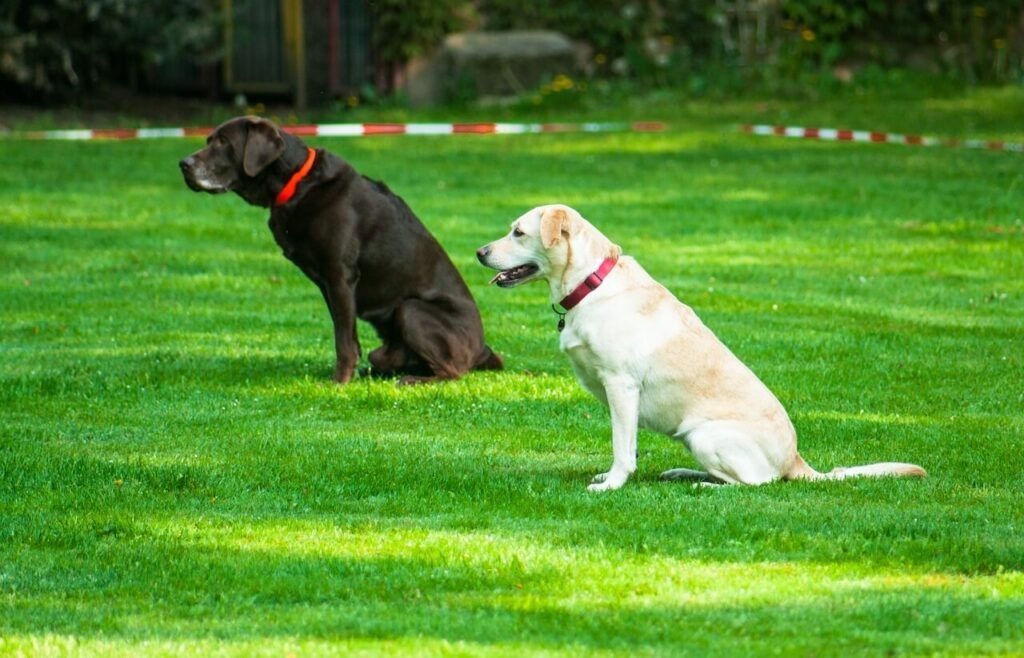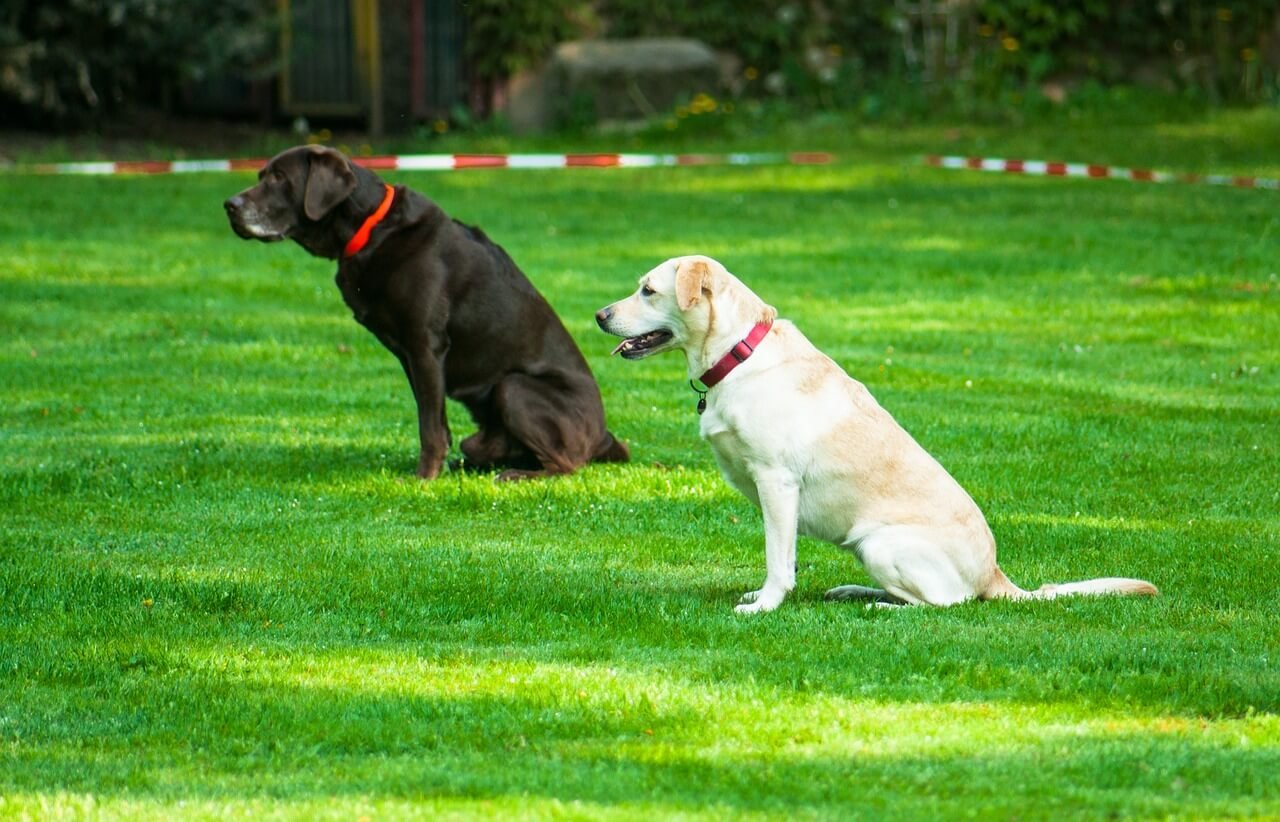Why Is My Dog Restless at Night Suddenly?
Dogs are creatures of habit, and when they suddenly become restless at night, it can leave pet owners puzzled and concerned. Whether your dog is pacing, whining, or unable to settle down, this behavior can disrupt their sleep—and yours. Understanding the reasons behind this sudden change is crucial for addressing the issue effectively. From medical concerns to environmental factors, there are many potential causes to explore. In this article, we’ll delve into the most common reasons for nighttime restlessness in dogs and provide practical tips to help your furry friend get back to peaceful slumber.
Common Causes of Sudden Nighttime Restlessness in Dogs
When your dog becomes restless at night, it’s essential to identify possible triggers. These causes range from physical discomfort to emotional stress, each requiring a different approach to resolve.
Pain or Discomfort:
Underlying health issues like arthritis, dental pain, or gastrointestinal problems can make it difficult for your dog to relax.Anxiety or Stress:
Changes in routine, separation anxiety, or fear of loud noises (like thunderstorms) can lead to nighttime restlessness.Age-Related Changes:
Older dogs may experience cognitive dysfunction syndrome (CDS), which affects their sleep patterns and behavior.Excessive Energy:
If your dog hasn’t had enough physical or mental stimulation during the day, they may struggle to wind down at night.Environmental Disturbances:
Noises, temperature changes, or unfamiliar scents in the home can disrupt your dog’s ability to settle.
By pinpointing the root cause of your dog’s restlessness, you can take targeted steps to address the issue and restore their peace of mind.

How to Identify the Cause of Your Dog’s Restlessness
To determine why your dog is restless at night, observe their behavior and environment closely. These signs can help you narrow down the underlying cause.
Physical Symptoms:
Look for limping, licking certain areas excessively, or reluctance to move, which could indicate pain or injury.Behavioral Changes:
Notice if your dog seems more anxious, clingy, or withdrawn than usual, as these may point to emotional distress.Sleep Patterns:
Track whether your dog sleeps excessively during the day, which might explain their nighttime activity.Recent Life Changes:
Consider any recent events, such as moving homes, introducing a new pet, or changes in your schedule, that could affect your dog.Environmental Factors:
Check for external disturbances like construction noise, new smells, or even pests that might be bothering your dog.
Observing these details provides valuable clues to help you understand and address your dog’s restlessness effectively.
Check this guide 👉How Cold Can a Dog Sleep Outside? Best 7 Expert Tips!
Check this guide 👉How to Help My Dog Sleep at Night: Best 7 Expert Tips!
Check this guide 👉My Dog Sleeps All Day: Best 7 Expert Tips!
Possible Causes of Restlessness | Ways to Address the Issue |
|---|---|
Pain or discomfort | Schedule a vet checkup for diagnosis |
Anxiety or stress | Provide calming aids like pheromone sprays |
Age-related changes | Establish a consistent bedtime routine |
Excessive energy | Increase daily exercise and playtime |
Environmental disturbances | Reduce noise and create a cozy sleeping area |
Practical Tips to Help Your Dog Sleep Better at Night
Once you’ve identified the cause of your dog’s restlessness, implementing these strategies can help them relax and enjoy a restful night’s sleep.
Establish a Consistent Routine:
Set regular feeding, walking, and bedtime schedules to help your dog feel secure and predictable.Create a Comfortable Sleeping Space:
Ensure your dog’s bed is cozy, quiet, and free from drafts or excessive light.Provide Mental Stimulation During the Day:
Puzzle toys, training sessions, and interactive games can tire your dog mentally, reducing nighttime energy.Use Calming Tools:
Items like weighted blankets, white noise machines, or anxiety wraps can soothe an anxious dog.Limit Evening Excitement:
Avoid rough play or exciting activities close to bedtime to help your dog wind down naturally.
These tips can transform your dog’s nighttime routine, helping them feel calm and ready for sleep.
When to Consult a Veterinarian About Nighttime Restlessness
While some causes of nighttime restlessness can be resolved at home, others require professional intervention. Knowing when to seek veterinary advice is vital for your dog’s well-being.
Persistent Pain Signs:
If your dog shows ongoing signs of discomfort, such as whimpering or stiffness, consult a vet immediately.Sudden Behavioral Changes:
Unexplained aggression, lethargy, or extreme anxiety should not be ignored, as they may signal underlying health issues.Loss of Appetite or Weight:
Changes in eating habits or unexplained weight loss warrant a thorough medical evaluation.Frequent Nighttime Accidents:
Increased urination or accidents indoors could indicate urinary tract infections or other conditions.Signs of Cognitive Decline:
If your senior dog appears confused, disoriented, or forgetful, discuss cognitive dysfunction syndrome with your vet.
Seeking professional guidance ensures your dog receives the care they need to stay healthy and comfortable.
Common Mistakes to Avoid When Addressing Restlessness
Addressing your dog’s nighttime restlessness requires care and attention. Avoiding these common mistakes can prevent unnecessary stress and setbacks.
Ignoring Medical Issues:
Assuming restlessness is purely behavioral without ruling out health problems can delay necessary treatment.Overlooking Environmental Triggers:
Failing to notice subtle changes in your dog’s surroundings can prolong their discomfort.Using Punishment:
Scolding or punishing your dog for restlessness can increase anxiety and worsen the problem.Skipping Routine Adjustments:
Inconsistent schedules can confuse your dog and disrupt their natural rhythms.Relying Solely on Medication:
While medication may help, it should complement—not replace—behavioral and environmental changes.
Avoiding these pitfalls ensures a thoughtful and effective approach to resolving your dog’s nighttime restlessness.
How Aging Affects Your Dog’s Sleep Patterns
As dogs age, their sleep patterns often change, leading to increased restlessness at night. Understanding these changes can help you support your senior dog better.
Decreased Physical Activity:
Older dogs may tire more easily during the day, leading to excess energy at night.Cognitive Dysfunction Syndrome (CDS):
Similar to dementia in humans, CDS can disrupt sleep-wake cycles and cause confusion.Joint Pain and Stiffness:
Arthritis or other joint issues can make it uncomfortable for senior dogs to find a cozy sleeping position.Increased Sensitivity to Noise:
Aging dogs may become more reactive to sounds that once didn’t bother them.Changes in Vision or Hearing:
Impaired senses can make older dogs feel insecure, especially in low-light environments.
By adapting to these age-related changes, you can help your senior dog feel safe and comfortable during the night.
Benefits of a Structured Bedtime Routine
A structured bedtime routine can work wonders for calming your dog and promoting better sleep. Here’s how establishing one can benefit both you and your pet.
Reduces Anxiety:
Predictable routines provide a sense of security, helping anxious dogs feel more at ease.Encourages Natural Sleep Cycles:
Consistent bedtimes align with your dog’s internal clock, making it easier for them to fall asleep.Strengthens Your Bond:
Spending quality time together before bed reinforces trust and affection between you and your dog.Minimizes Behavioral Issues:
A calm pre-sleep ritual reduces the likelihood of destructive behaviors caused by restlessness.Improves Overall Well-Being:
Regular sleep patterns contribute to your dog’s physical and mental health, enhancing their quality of life.
With consistency and care, a structured bedtime routine can transform your dog’s nighttime behavior for the better.
FAQs About Dog Restlessness at Night
Why does my dog suddenly seem restless at night?
Sudden restlessness can stem from various factors, including age-related changes, physical discomfort, or environmental disruptions. Observing your dog’s behavior closely can provide
Should I ignore my dog if they bark or whine at night?
Ignoring unwanted behaviors can sometimes reinforce them. Instead, address the root cause and establish a calming routine.
Can dietary changes help with nighttime restlessness?
Yes, feeding your dog earlier in the evening or avoiding heavy meals before bed can improve digestion and promote better sleep.
When should I take my dog to the vet for restlessness?
If the restlessness persists despite lifestyle changes or is accompanied by other symptoms like lethargy or loss of appetite, consult a vet promptly.
Are calming supplements safe for dogs?
Most calming supplements are safe, but it’s best to consult your veterinarian before introducing new products to ensure they’re suitable for your dog.
Restoring Peaceful Nights for You and Your Dog
A restless dog at night can be concerning, but with patience and observation, you can often identify and address the root cause. Whether it’s adjusting their routine, creating a calming environment, or seeking veterinary care, there are many ways to help your dog feel secure and relaxed. By understanding their needs and responding with empathy, you can ensure both you and your furry companion enjoy restful, rejuvenating nights. Remember, a happy dog means a happy home—and peaceful sleep is a great place to start.
Do Cats Have Taste Buds? Best 7 Expert Tips! – Discover how cats experience flavors and why their taste is so unique.
Do Dogs Have Taste Buds? Best 7 Expert Tips! – Discover how dogs experience taste, their preferences, and what it means for their diet and health.
Can Cats Taste Sweet? Best 7 Expert Tips! – Discover why cats can’t taste sweetness, how it affects their diet, and tips to keep them healthy and happy.
Can Dogs Taste Sweet? Best 7 Expert Tips! – Discover how dogs perceive sweetness, which foods are safe, and tips to manage their sweet cravings responsibly.





